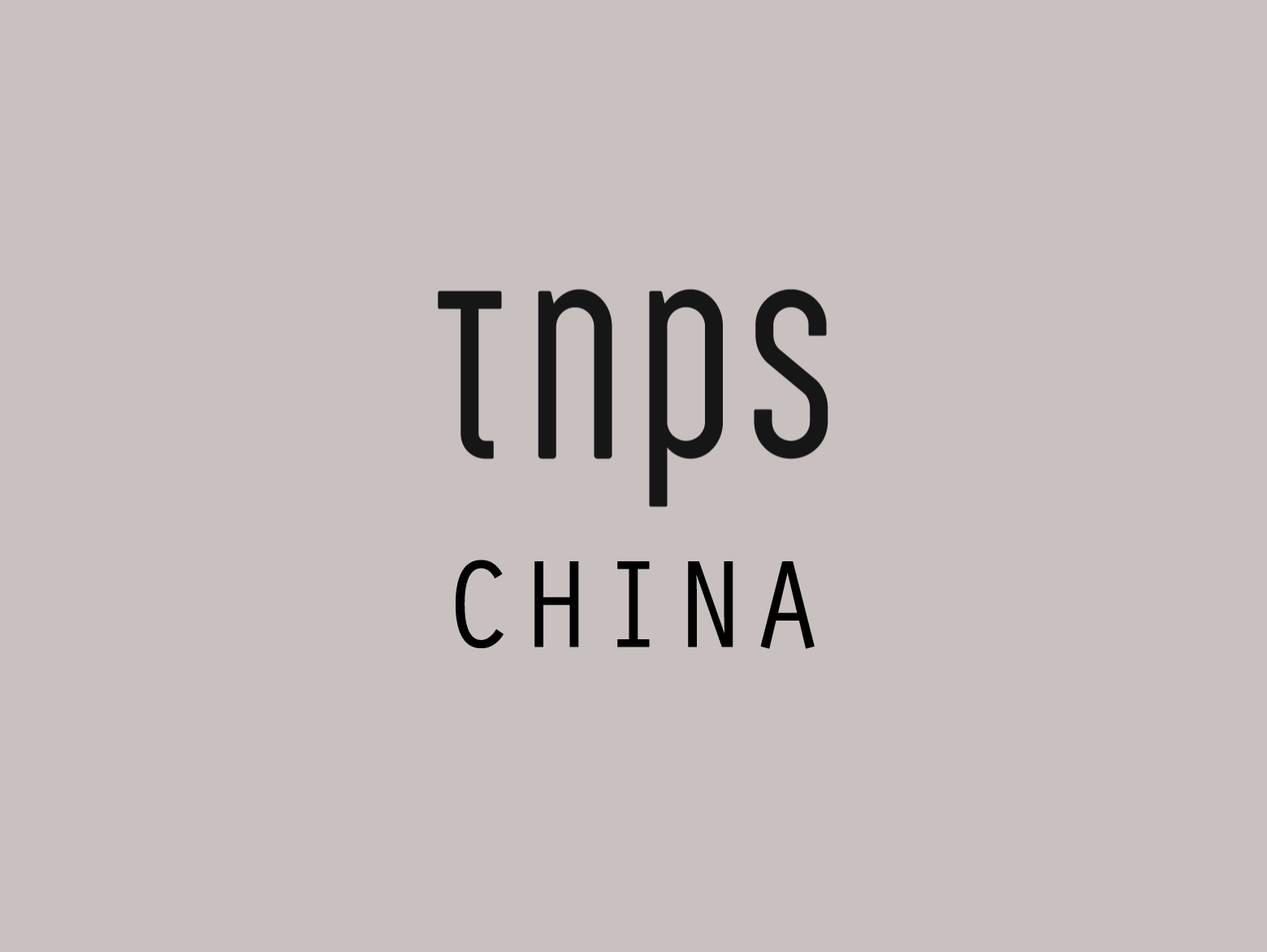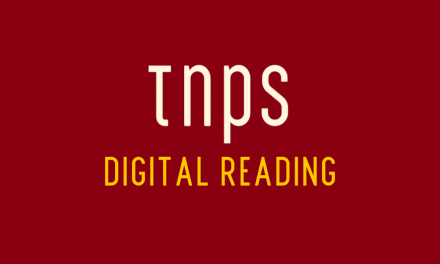IDBoox of France covers the story that the Chinese ebook market will be worth $5.3 billion by 2020, reporting on a study conducted by Chinese e-commerce giant Dangdang and Analysys which predicts annual growth for the Chinese ebook market of 29.8%.
$5.3 billion would value the China ebook market at $2 billion more than Data Guy’s 2017 estimate of the US ebook market, making the China ebook by far the largest in the world both in volume and revenue terms.
And while that may at first glance seem wildly improbable it’s actually entirely plausible.
The US ebook market is close to saturation, and so long as print retains its appeal, there simply is not room for any further substantial growth in the ebook sector. By contrast the China book market is barely in second gear, and has plenty of room to grow in both the print and digital sectors.
Most importantly is that that growth can and will happen in tandem. The ID Boox report asserts the China ebook market grew by 29.2% in 2017, accompanied by growth of 34.4% in the China printed book market.
The IDBoox report is not linked to the Dangdang study and I’m unable to find any independent confirmation of these figures yet, nor exactly what is meant by “ebook” in this context.
I’m presuming this refers to digital reading in general, encompassing the traditional ebook model we are accustomed to in the west alongside the digital reading model epitomised by Tencent’s China Literature. But before we all leap on that as an excuse to dismiss these figures we should bear in mind that Data Guy includes Kindle Unlimited downloads in his calculations of the US market.
The growth of the Chinese book market, in both print and digital, will come as no surprise to those who have objectively followed the China publishing industry. For a long while western publishing dismissed China as an inconvenient sideshow, but since the IPA allowed China into the fold the true scale of China’s publishing industry has become apparent. China is now recognised as by far the second largest publishing market on the planet.
The Bookmap report published late last year estimated the China market at 17% of the global book market, compared with the USA at 29% and Germany in third place with 8%, but as I explored here at TNPS at the time, I believe those figures may be way off mark in the context of 2017.
A Frankfurter Buchmesse white paper in 2016 put the value of the 2015 China book market at $23 billion. Since then the China print market has been seen to grow, and the China digital reading market has simply exploded.
In 2015 Tencent Literature had just been formed, and the Chinese authorities had just lifted controls on digital publishing and given the thumbs up to a digital push that saw a $1 billion China Literature IPO in late 2017 –
and an expansion of Tencent’s China Literature interests into Thailand, Canada. And now news Tencent has its eye on the UK and France.
The latest prediction for the Chinese “ebook” market comes as Bookfrere reports that Amazon China has introduced Prime Reading to its Kindle China service. (Hat-tip to Nate Hoffelder at The Digital Reader for spotting the Bookfrere post.)
The China Prime deal gives Amazon Prime members in China access to some 500 selected Kindle ebooks which they can read for free, as part of the package.
It’s not clear yet how the 500 books in the Prime Reading option are curated, or how the publishers will be remunerated.
In the USA authors (mostly indie or Amazon imprint) are paid a fixed fee for inclusion of curated titles. No further royalties are paid on books read within the programme, but downloads count as sales for chart position, so the Prime Reading programme helps drive the selected books up the charts, in turn giving them more visibility and regular sales or Kindle Unlimited activity.
Indie authors with books in KDP through the normal western channels should not get their hopes up. The Kindle China store is run independently from the mainstream Kindle stores, presumably to comply with Chinese government controls on what is and is not permitted.
That’s not to say the Amazon Kindle CN store is off-limits to indie authors, just that they will need to partner with a distributor or publisher in China to get their books into the many Chinese ebook outlets.
China remains an exciting book market, both for reach within China and for reach beyond China, as Chinese publishers extend their web across the global publishing markets.







Trackbacks/Pingbacks